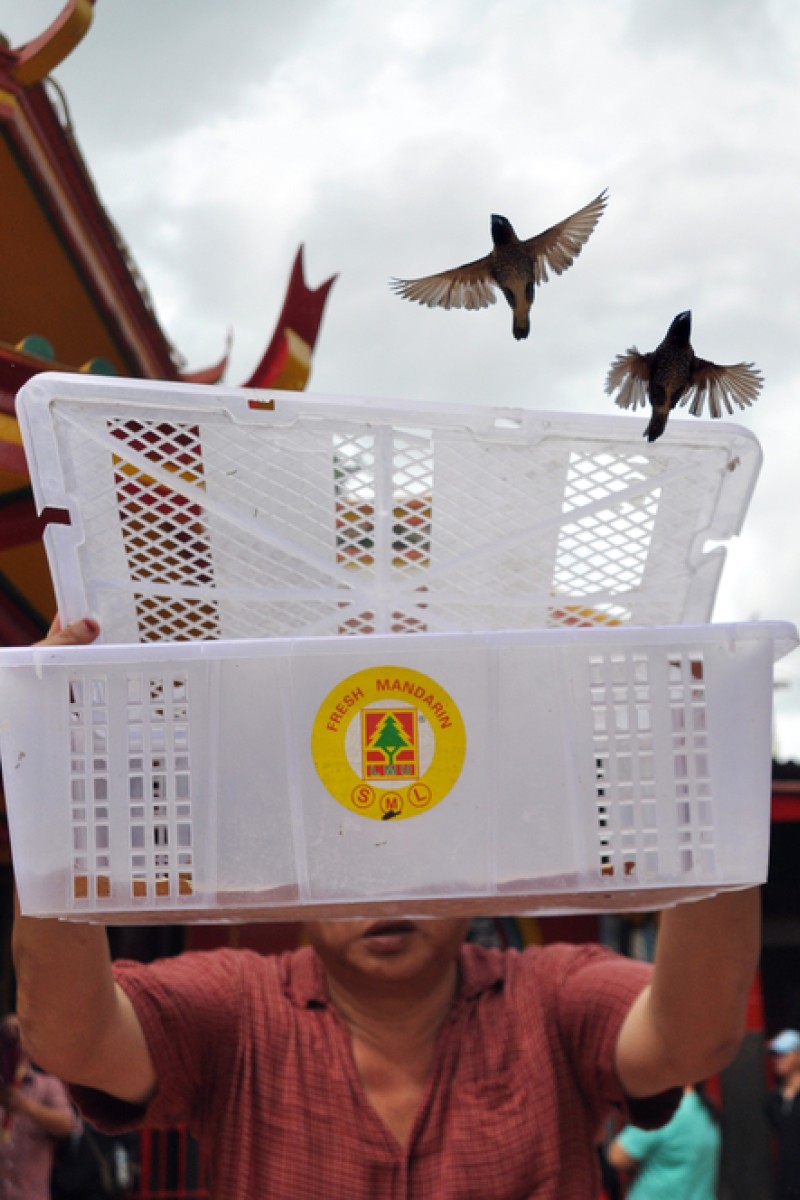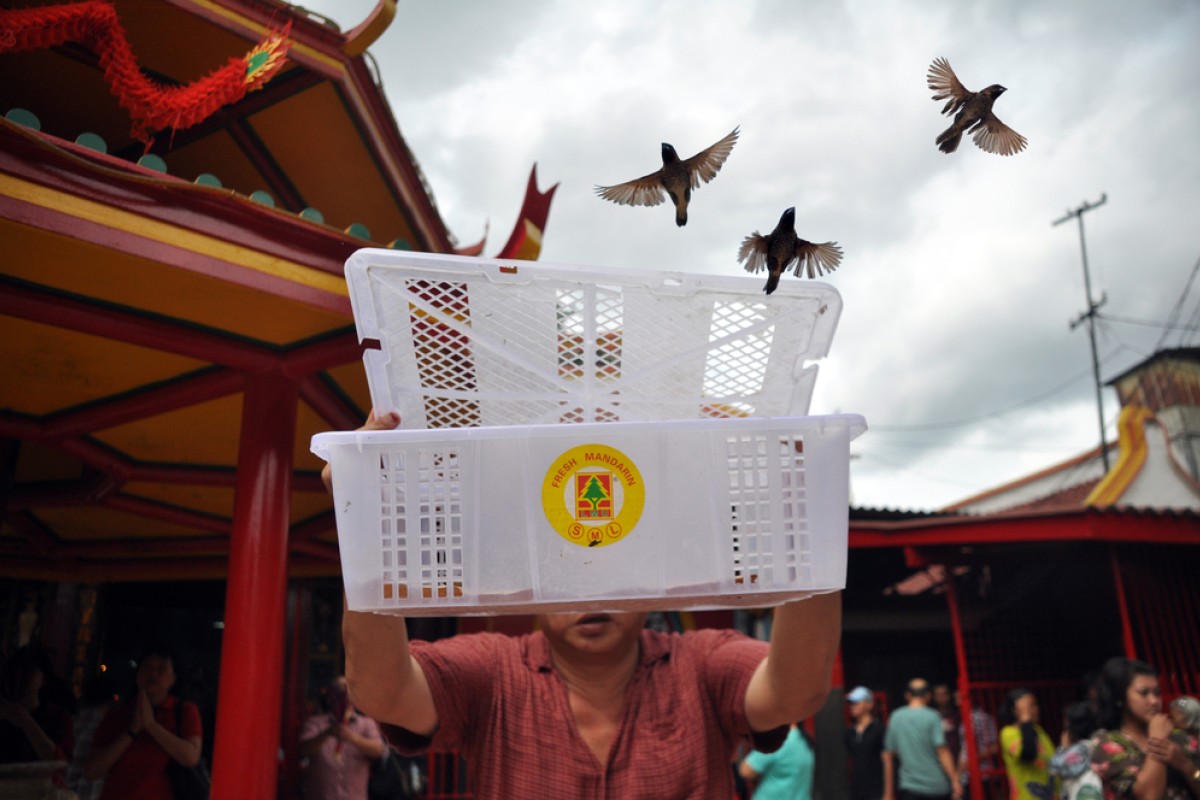
Animal mercy releases aren’t an act of kindness: they’re a cruelty
The act of releasing an animal into the wild to gain good karma isn’t a good deed, nor is it kind to the animal or the local ecosystem

 Mercy releases can do more harm then good.
Mercy releases can do more harm then good.Lots of people take part in something called a mercy release on special days, like Buddha’s Birthday (this year’s was on May 3). A mercy release is when you free an animal back into the wild rather than killing it. This is supposed to be a sign of how kind a person you are for granting them life, which restores in you good karma to outweight the bad karma. What many people don’t know is that the impact on the environment and the released animal in question can be devastating.
Many mercy releases are organised by Buddhist organisations. They send people to local markets where they’ll buy up animals, like fish, for this practise. This can be hugely profitable for those who catch these animals, so they’ll deliberately catch more just for releasing. Before they get released, the animals are kept in tiny cages and buckets, which is both inhumane and extremely unhygienic.
Often, these animals aren’t even released back into their original habitat – clams have been released into the Victoria Harbour, and red-ear sliders (so-called Brazilian turtles) have been released into rapidly flowing rivers, where they end up dying because that’s not where they’re from. In some cases, the released animals don’t know how to survive in the wild, because they’ve been bred purely for a mercy release.
Those that do survive in the wild are also a problem. They might be put into an ecosystem that they were never a part of, and end up overpopulating it or killing native flora and fauna. The WWF has recorded a rise in the number of aggressive fish in Hong Kong waters. This is because people have been releasing Sabah giant grouper into them, as they’re large but reasonably cheap to buy. Around 90 per cent of the fish sold in the local markets aren’t native to Hong Kong, so releasing them might create huge problems for our local ecosystem.
Releasing animal back to the wild is something that needs to be done with careful thought and consideration. It’s true that many animal organisations release animals, but they don’t randomly do it. They rescue them, rehabilitate them, and release them after careful assessment. There are those who will argue that, regardless of what happens, a mercy release is an act of kindness – but when the evidence says this will do more harm than good, how is it a kindness?
There will probably be more mercy releases during the Dragon Boat Festival next week. Like Taiwan, we ought to think about regulating mercy releases, but sadly I think the strongly held beliefs and faith of the Hong Kong people make it unlikely that sort of legislation would pass. So it’s down to each person to make a difference. A mercy release isn’t a good deed. Consider doing something else that would bring you good karma – like adopting an abandoned animal from the SPCA, or giving your services to a volunteer organisations, or embracing a vegetarian lifestyle (if you haven’t already).
Edited by Ginny Wong
